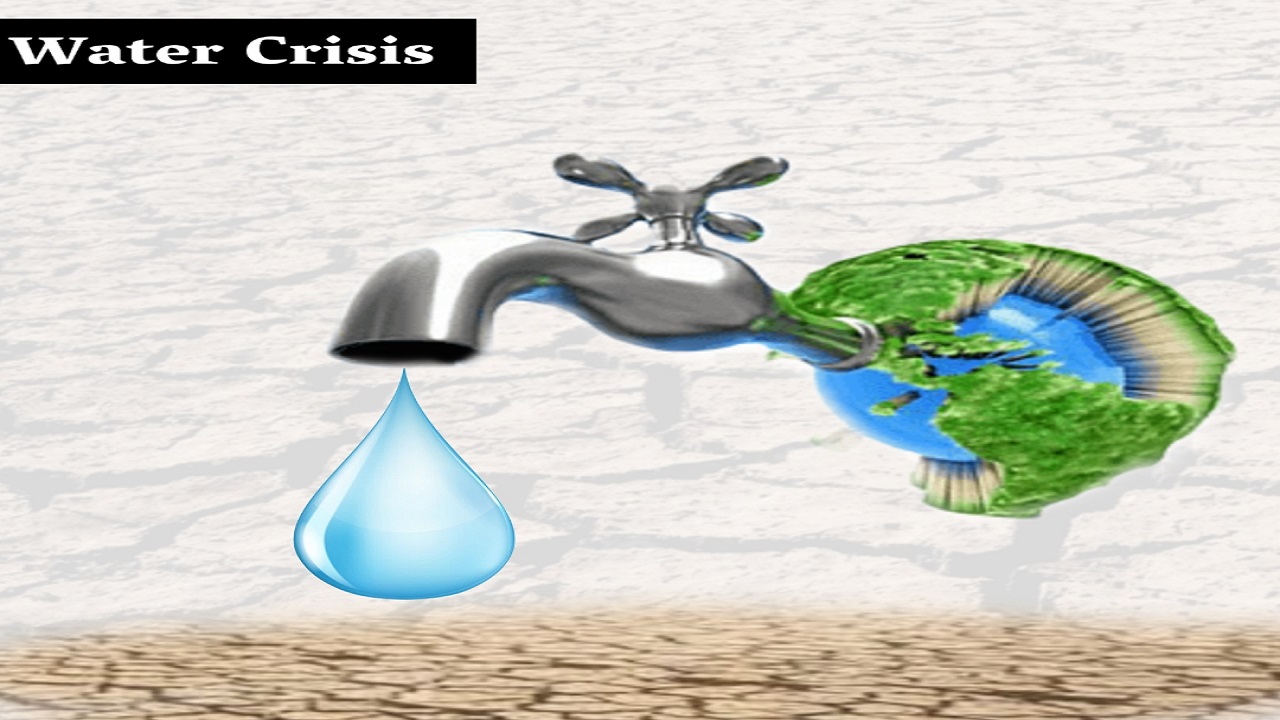Solving Water Crises with the Help of Technology
The water crisis, caused by factors such as pollution, climate change, and over-extraction of groundwater, is a critical global challenge. Technology is offering new solutions to help solve these problems, from monitoring and management systems to treatment and conservation technologies. By using technology to improve water management and ensure access to clean and safe drinking water, we can help to address the water crisis and ensure a better future for all.

Access to clean and safe drinking water is a basic human need, but it is a luxury for many communities around the world. The water crisis, caused by factors such as pollution, climate change, and over-extraction of groundwater, has reached critical levels in many regions. This has resulted in widespread health problems and economic losses. However, technology is offering new solutions to help solve these water crises.
One of the most innovative solutions is the use of smart sensors and monitoring systems to improve water management. These systems can be used to monitor water levels, quality, and usage, providing real-time information to help managers make informed decisions. For example, smart sensors can be used to detect leaks in water pipes and alert maintenance crews, reducing water loss and saving valuable resources.
Another area where technology is making a significant impact is in the field of water treatment. Advances in membrane technology, such as reverse osmosis, are making it possible to treat contaminated water and produce clean, safe drinking water. This can be especially important in regions where the water supply is contaminated with pollutants such as heavy metals and chemicals.
Desalination is also becoming a more practical solution to the water crisis, especially in arid regions. New innovations in desalination technology, such as solar-powered desalination plants, are making it possible to convert seawater into freshwater, providing a sustainable source of water for communities.
Technology is also playing a key role in water conservation. Smart irrigation systems, for example, can monitor soil moisture levels and adjust watering schedules to conserve water and reduce waste. This can result in significant water savings, especially in agriculture, which is one of the largest consumers of water.
In conclusion, the water crisis is a significant global challenge, but technology is offering new solutions to help solve these problems. From monitoring and management systems to treatment and conservation technologies, there are many ways that technology can help to address the water crisis and ensure access to clean and safe drinking water for all.









